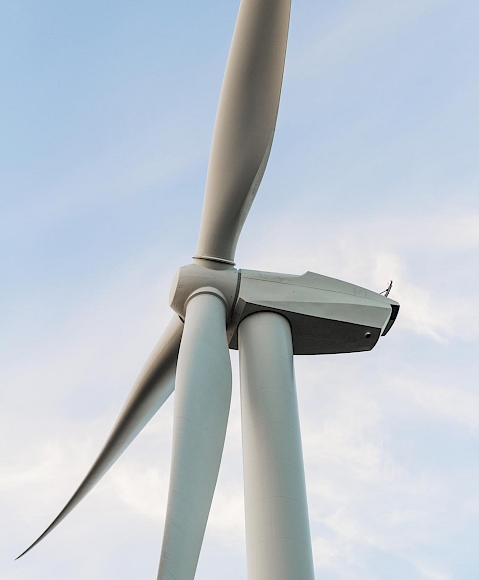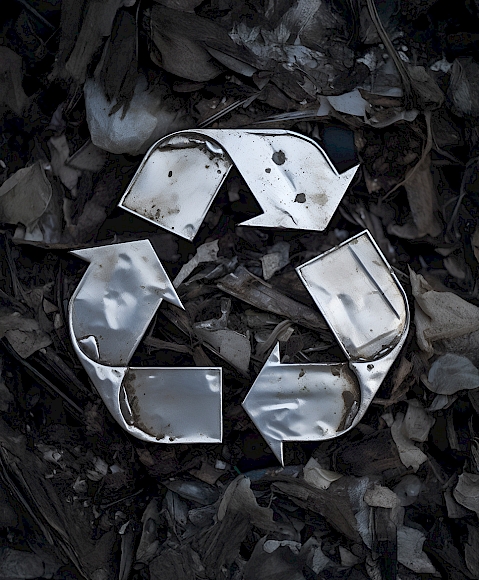30 Years of Experience - 12,000 Tons of Production
We See Recycling as Our Goal For a Sustainable World!
It is one of the most effective steps taken for a sustainable world. with its 100% recyclable structure, aluminum can be re-produced without losing its properties every time it is used. While recycling reduces energy consumption by up to 95%, it also significantly reduces the amount of waste left to nature.
Energy Consumption
World energy consumption is increasing by an average of 1.7% every year (more than population growth). Today, the world's energy consumption is around 15 TeraWatts (1TW=1012Watt).
MoreSecondary Aluminum
It is one of the critical components for achieving the sustainable development goal together with the efficient use and saving of primary raw material resources and the evaluation of industrial wastes and the protection of the environment.
MoreA sustainable world...
Energy Consumption
About 80% of this energy comes from fossil fuels (34% petroleum, 25% coal, 21% natural gas), 8% bioenergy, 6.5% nuclear, 2% water resources and the rest from other sources (geothermal, solar, wind, etc.) are provided from. It is estimated that this consumption will be around 30 TW in 2050. A very large part of this consumed energy is provided from fossil fuels.
Aluminum is a flexible, versatile metal that stores energy, not consumes energy, due to its ability to be re-evaluated. When these characteristics are combined with its functionality, economy and easy workability, it is possible to produce many products from aluminum metal and aluminum alloys today and for the future.
However, from an environmental point of view, due to its light weight, it leads to a decrease in energy consumption in many industrial applications, especially transportation. A decrease in energy consumption also means a decrease in CO2 emissions generated in energy production processes.

Recycle,
By saving energy, it contributes to the protection of natural resources and reducing the carbon footprint.
A sustainable future...
Sustainability
Firstly, the reduction of waste in any technological process indicates that the process efficiency is high. The evaluation of these wastes, together with the reduction of the amount of waste, makes it possible to protect natural resources through the use of alternative secondary raw materials.
Due to the necessity of ensuring energy continuity in metallurgical enterprises, the use of renewable energy sources is limited or even impossible. In other words, the main energy source is of fossil fuel origin. On the other hand, with secondary metal production, the energy used in primary production is stored in a sense and minimizes the amount of energy needed in later production cycles. On the other hand, ore resources are limited resources.
The mining industry has to process ores of lower tenor every day, and the metallurgical industry has to produce primary metals from these sources. These expensive processes and taxes caused by environmental damage lead to an increase in metal prices.

Aluminum Recycling,
It contributes to the protection of natural resources by reducing energy consumption by up to 95%. This material, which can be recycled endlessly, creates an environmentally friendly production cycle while reducing the amount of waste.
20. As a result of the technological and industrial development achieved in the second half of the century and the urbanization that is the natural result of this and the fact that people's consumption habits have reached unlimited dimensions, both natural resources have reached the limit and the waste generated has exceeded the ability of natural receiving environments to absorb or neutralize these wastes and has brought humanity face to face with disasters such as global warming, ozone depletion and acid rain. In this context, the concept of “sustainable development” has emerged, which is human-oriented, meets the economic and social requirements of the current population, but also takes into account the optimal conditions necessary for future generations to live, and provides for the careful and careful consumption of natural and cultural resources.
Aluminum metal and alloys, which find a place of use at almost every stage of human life thanks to their excellent physical and chemical properties, have a very special position in the concept of sustainable development thanks to their “reproducibility (recycling = recycling) ability.





